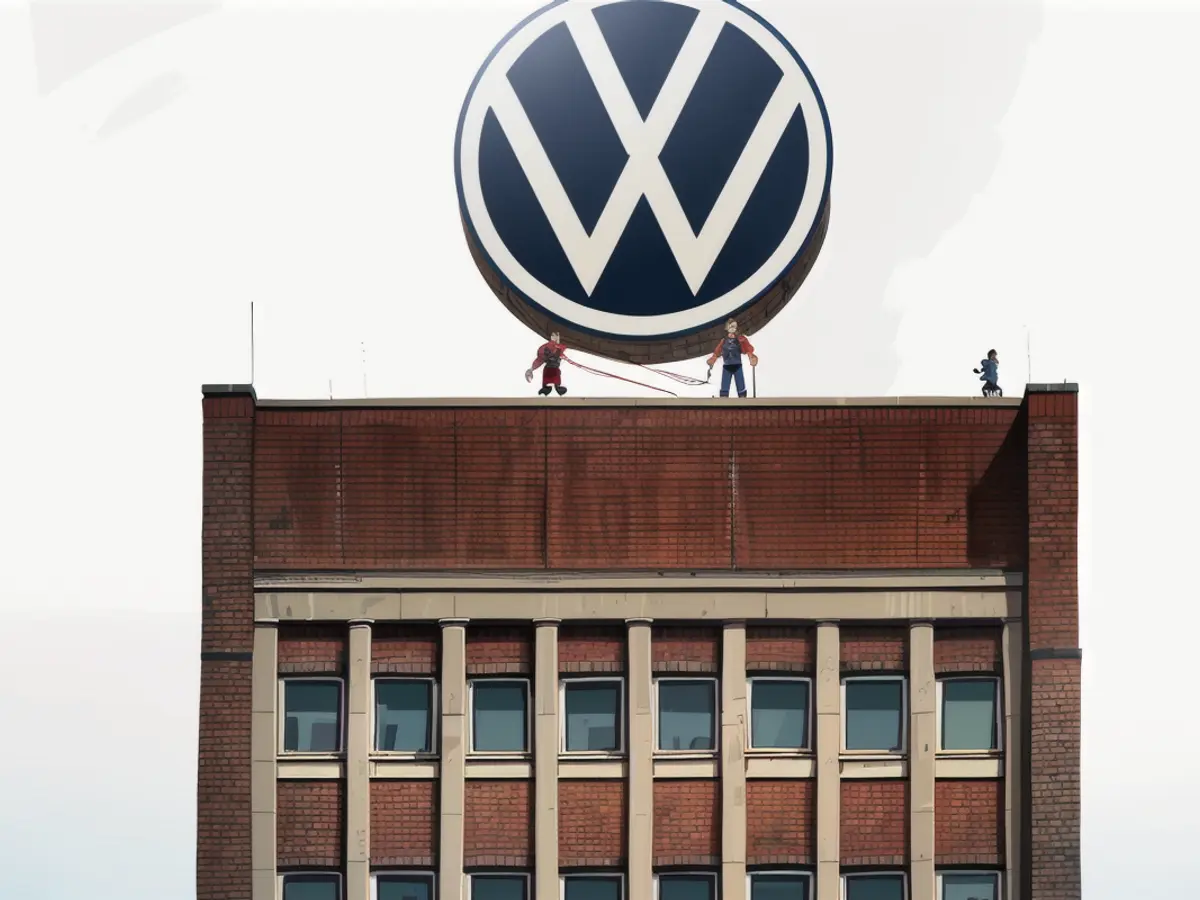Automobile producer - Volkswagen releases human rights report, revealing infractions.
Volkswagen Group has discovered two violations of human rights in its initial report under the Supply Chain Due Diligence Act. These infractions include a situation of forced labor. Over 60,000 suppliers in 90 countries were examined, and these were the only violations uncovered.
A significant issue involved a tier 2 supplier. Allegations arose that employees experienced withheld wages, forced labor, and disregard for occupational safety. Volkswagen promptly addressed the issue and resolved it. The corporation declined to offer details regarding this incident. In the second case, the misuse of banned chemicals in cleaning agents was the issue. Volkswagen also promptly took action.
Kerstin Waltenberg, the human rights officer at the company, stated, "Volkswagen openly showcases where improvement opportunities exist and how specific measures are being applied at these locations. However, we don't just stop at analysis but have already initiated actions to mitigate the handling of risks."
Xinjiang Exclusions
Volkswagen maintains that the contested plant in China's Xinjiang province, along with its test track, are not within the scope of the Supply Chain Due Diligence Act. Both facilities are not directly managed by Volkswagen but are part of a joint venture with the Chinese manufacturer SAIC. They also do not provide goods or services to other group members. "It's not like we're hiding the plant," Waltenberg reiterated in November.
The factory, inaugurated in 2013, has been subject to accusations of human rights violations in the province. The Wolfsburgers started discussing the venue's future with their Chinese counterpart since February. Uighurs, members of other minorities, and human rights organizations have long alleged that tens of thousands of people are being forcibly detained, mistreated, and coerced into forced labor in Xinjiang. The Chinese government denies these allegations.
The German Supply Chain Due Diligence Act came into effect in 2023, requiring companies to ensure adherence to human rights throughout their entire production process and to report on it annually. The threshold for the law's applicability was lowered from 3,000 to 1,000 employees in 2024. The EU also enacted a supply chain legislation this year.
Read also:
- In response to the Supply Chain Due Diligence Act, Volkswagen's annual report highlighted two human rights violations in their supply chain, specifically concerning a tier 2 supplier based in Germany's Lower Saxony.
- As part of their commitment to supply chain transparency, Volkswagen Group revealed that one of their suppliers was involved in withheld wages, forced labor, and disregard for occupational safety.
- Despite Volkswagen's initial report under the Supply Chain Due Diligence Act revealing infractions in Germany, the company maintains that their controversial plant in Xinjiang, China, is not subject to the act's requirements due to its joint venture status with SAIC.
- Volkswagen's Annual report further discussed the implementation of the Supply Chain Due Diligence Act in Germany, which mandates companies to ensure adherence to human rights throughout their production processes and report on it annually.
- With the lowering of the applicability threshold for the act from 3,000 to 1,000 employees in 2024, Volkswagen, along with other European companies, will have to be more diligent in their supply chain due diligence to avoid violations and comply with the law.








